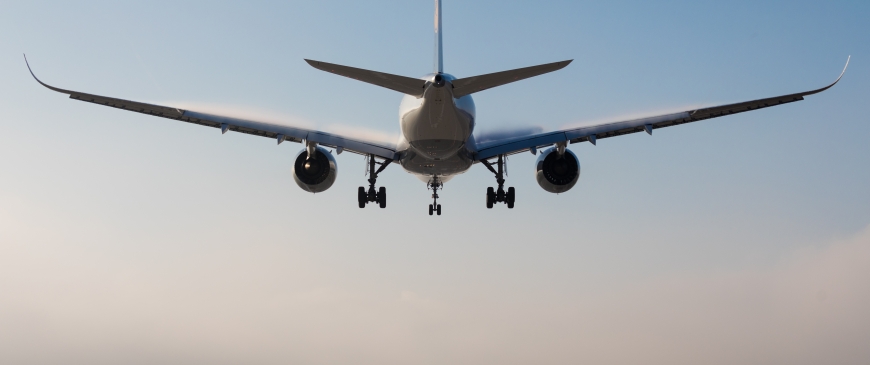
What Trump's Europe coronavirus travel ban means
“The ban in its current shape appears to be intensely political. Two things have struck people here in Berlin in particular: the fact that it seems to not have been coordinated or prepared with European leaders, and the fact that it appears to target Schengen and President Trump’s dislike of a ‘borderless Europe’ in particular. “Calling COVID-19 a ‘foreign’ virus appears unhelpful, considering the number of cases in the United States. Overall this measure appears both inconsistent in its application and focused on containment, when mitigation measures in the United States itself seem to also be necessary.”
Why was the UK exempted?
Supposedly, the UK was exempted since it is not part of the Schengen Area, though it is unclear why the president would mention it specifically in his address.
Can other Europeans enter through London’s airports?
No, because the travel ban, according to the White House, applies to all non-US nationals who have been to one of the twenty-six Schengen countries in the previous fourteen days and are not green card holders or family members of US nationals. Certain health professionals, diplomats, and air or sea crew are also exempted.
What impact will this have on coronavirus?
“Non-Schengen [countries] and [the] UK are excepted: this is not about containment, this is about sending a political message,” writes Ben Haddad, director of the Atlantic Council’s Future Europe Initiative. “At a time where the EU is challenged to its core, the US is closing its borders and turning its back on allies.”
“[P]ublic health experts have questioned the effectiveness of the measure when the virus is already being transmitted person-to-person in the US,” The Guardian reported.
What’s the impact on the economy and markets?
Trading was suspended for the second time in a week on Wall Street after the Standard & Poor’s 500 dropped 7 percent minutes into today’s session, The Washington Post said.
European stock markets were on track for their worst ever daily loss, the Financial Times reported. Trump’s speech prompted a sharp gain for the Japanese yen, often seen as a haven in times of stress, the paper said.
Sophia Besch, senior research fellow, Centre for European Reform and non-resident senior fellow in the Atlantic Council’s Future Europe Initiative.
You can read the full article here
